All reports
Report
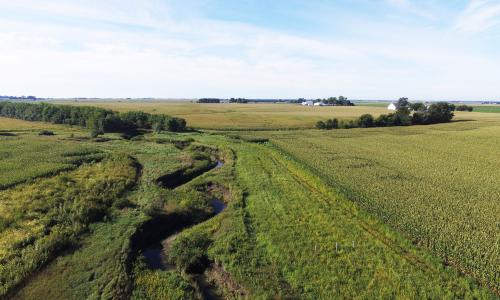
The Healthy Farm: A Vision for U.S. Agriculture
Farmers and scientists are transforming U.S. agriculture in a more sustainable direction—and smart policies can help speed the transition.
Report
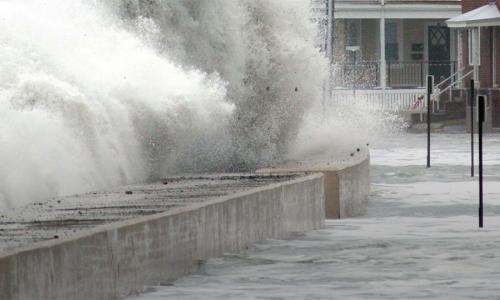
Causes of Sea Level Rise: What the Science Tells Us
Sea level is rising -- and at an accelerating rate -- largely in response to global warming. A 2013 fact sheet from the Union of Concerned Scientists.
Report
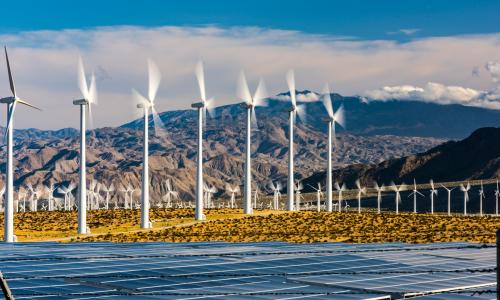
Ramping Up Renewables
The United States can significantly increase renewable energy while maintaining a reliable, affordable, and cleaner energy system.
Report
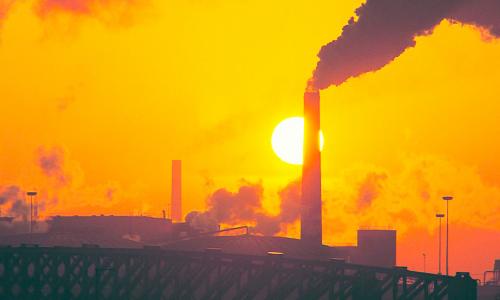
Water Dependence Risks for America's Aging Coal Fleet
Many aging, water-intensive coal-fired power plants are vulnerable to energy-water collisions, which can have a significant impact on electricity production.
Report

Japan and America's Nuclear Posture
UCS report looking at U.S. nuclear declaratory policy and its effects on U.S. relations with Japan.
Report

Grading Government Transparency
UCS's 2013 report, Grading Government Transparency, looks at policies governing scientists' communications through traditional and social media at 17 federal agencies.
Report
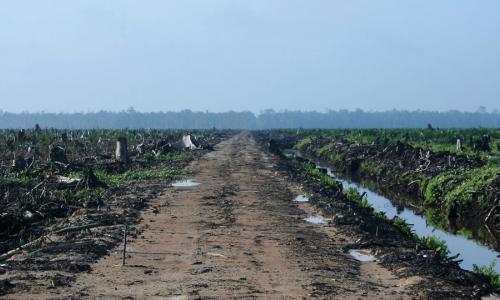
How Businesses Can Go Deforestation-Free
Businesses can take a number of steps to ensure that their goods and services help preserve our climate and tropical forests — and you can help.
Report

Assessing Trade and Business Groups' Positions on Climate Change
In this 2013 study, the Center for Science and Democracy at the Union of Concerned Scientists looks at the climate-related statements and policy positions of 14 industry trade groups, finding a wide range of views and behaviors.
Report
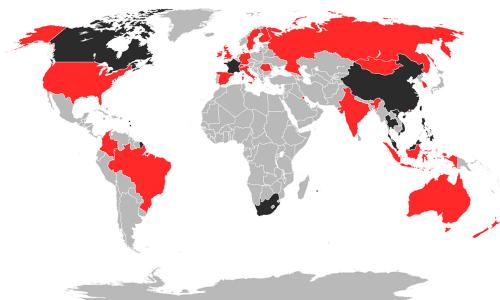
SARS: A Pandemic Prevented
The U.S. response to the SARS epidemic of 2002-03 is a good example of the partnership between science and democracy working effectively.
Report
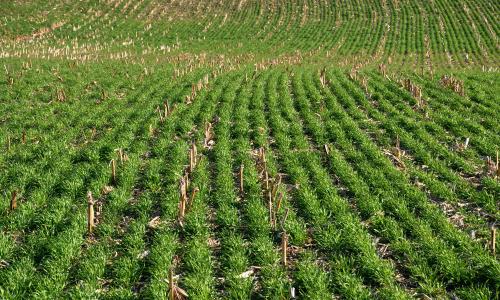
Cover Crops
Planting cover crops has multiple benefits for farmers and the environment—and smart policies can help more farmers use them.
Report

Where Your Gas Money Goes
This report breaks down where your gas money goes—and shows that investing in fuel efficiency offers the greatest long-term savings.
Report

Ripe for Retirement
As many as 353 coal-fired power generators are no longer economically viable.